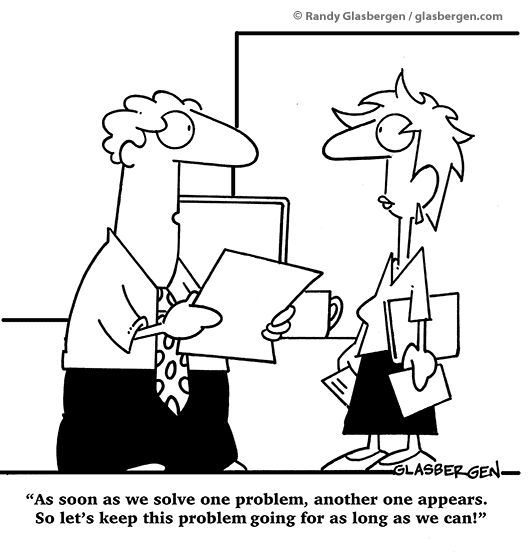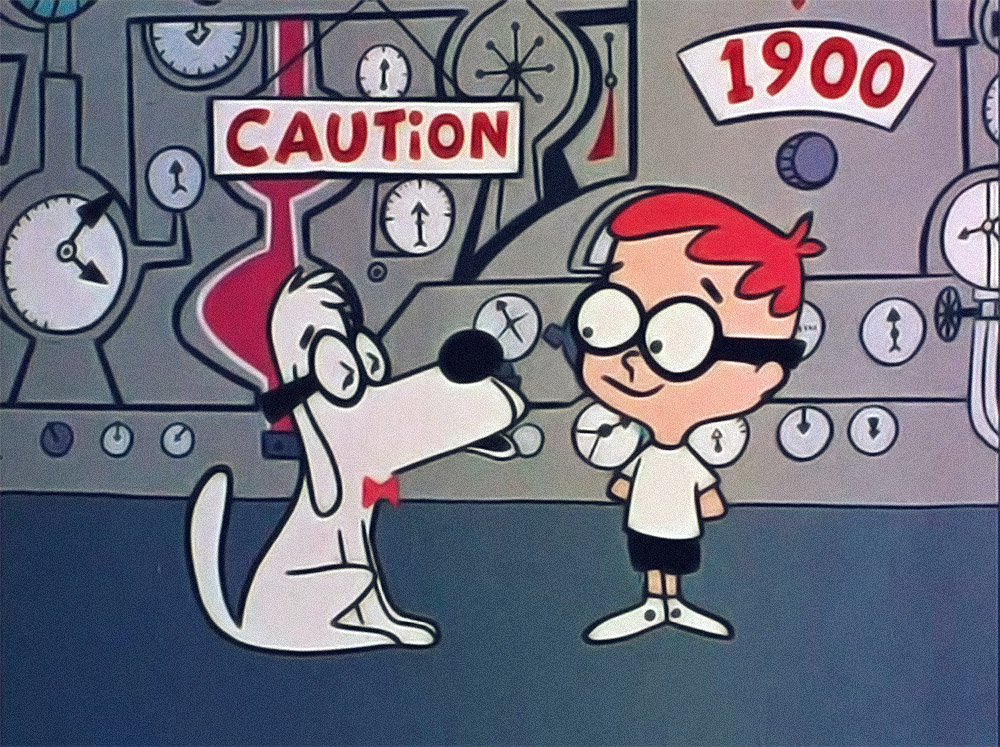Paul, the Jew, said there was no law from Adam to Moses (Romans 5:13). Maybe one could call the time of Cain’s day a time of conscience rather than law. If there was a law against murder in Cain’s day he would have had to be put to death for what he did. I think Lamech killed someone too.
The serpent in the garden communicated with Eve. Most likely through Satan who is also known as a serpent.
Genesis is an historic account of beginnings; the beginning of the heavens and earth, beginning of life, beginning of sin, beginning of genealogies, beginning of the Hebrew people.
Eve was the mother of all living beings. I doubt she went around the earth at that time instructing each of the possibly millions of people about God.








 Consider…
Consider…

